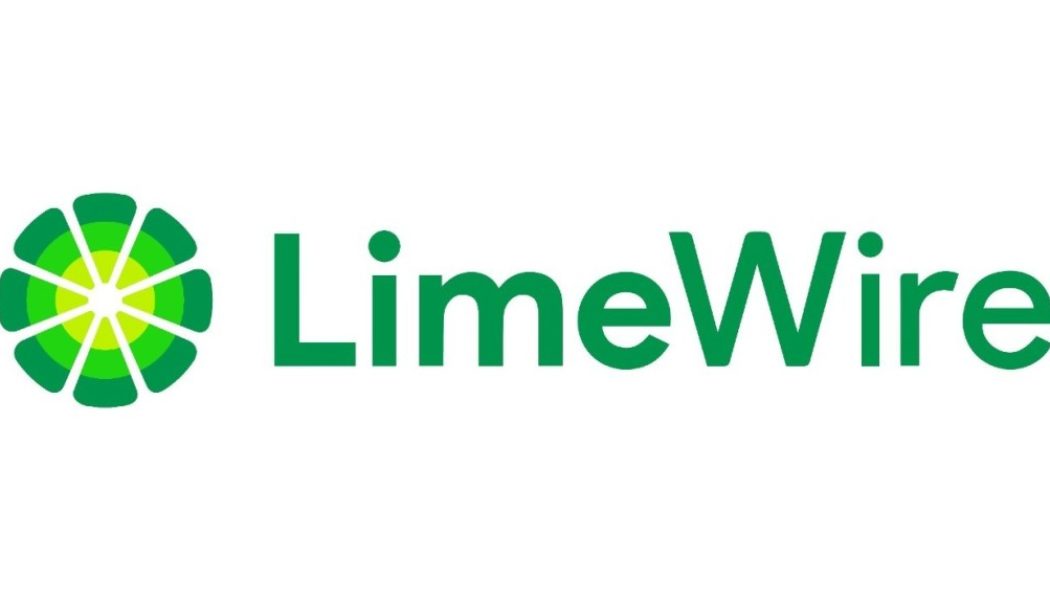LimeWire
5 Absurd But True Stories That Captivated the EDM World In 2022
2022 was another banner year for electronic dance music history as festivals returned en masse, the scene’s biggest artists released albums and live music records were broken. But then there were times when things got… weird. From head-scratching revelations on social media to dance music veterans taking the genre where it hasn’t gone before, read on to discover just a handful of the stories that had us doing double-takes in 2022. Bizarre Reddit sex confession spikes Hudson Mohawke’s “Cbat” on the charts There’s no manual to achieving a chart topping hit—but having your music be the subject of an embarrassing sex confession may be one of the most absurd paths possible. On the “Today I Fucked Up” subreddit, a Redditor confessed to the wo...
LimeWire Announces Partnership With Powerhouse Ibiza Nightclubs
LimeWire NFT holders will soon have the opportunity to indulge in a taste of Ibiza’s high life. As part of a newly minted partnership between LimeWire and Ushuaïa and Hï Ibiza, LimeWire Originals NFT holders will enjoy free VIP access to both clubs for free throughout the 2022 season. Both establishments are consistently recognized as among the world’s leading clubbing destinations. LimeWire, the defunct music piracy-turned NFT platform, is betting on a big summer season return for the Ibiza club circuit, which had been dormant due to the impact of the pandemic. The Hï Ibiza nightclub. c/o Hï Ibiza Scroll to Continue Recommended Articles “Providing our LimeWire Original holders with exclusive access during this first full season since the pandemic sets the benchmark ...
Universal Music Partners With LimeWire 2.0 for Use of Its NFT Marketplace
LimeWire has signed a new partnership with Universal Music Group that will allow the record giant’s artists to use the NFT marketplace to sell and market music-focused NFTs, it was announced on Tuesday (May 17). This marks the first major-label partnership for the newly rebooted LimeWire, which relaunched as an NFT marketplace in March. Under the partnership, UMG will provide content licenses to LimeWire, enabling the marketplace to partner with UMG artists to sell audio recordings, audiovisual content, artwork, bonus tracks and more directly to fans. Collectibles from these artists can be purchased with a credit card, and the LimeWire platform will handle gas fees and “technical hurdles on behalf of its users,” according to a press release. Originally founded as a peer-to-peer file-sharin...
deadmau5’s 720Mau5 Venture Fund Joins $10.4 Million Raise to Support Future of LimeWire
The music industry and major cryptocurrency institutions are getting behind LimeWire‘s quest to forge a new path. LimeWire, the company synonymous with online piracy, closed up shop a dozen years ago, but under new management, the brand has returned to embark on a new initiative that may just right the wrongs of its past. Limewire’s new mission statement is to “bring digital collectibles to everyone, no matter the budget or the tech-savviness,” the company writes. The advent of Web3 and NFT technology has given LimeWire a new lease on life and—this time around—a means to get artists their fair share of the metaphorical pie. A new funding round led by Arrington Capital, Kraken Ventures, and GSR Ventures has provided the LimeWire team with over $10 million to ex...
LimeWire Returns As NFT Marketplace to Right the Wrongs of Its Troubled Past
12 years after closing shop, LimeWire is back to reckon with its controversial past—and pave a new path forward. For the uninitiated, LimeWire was the go-to peer-to-peer file sharing service that dominated the early 2000s. Predating the all-access model of today’s streaming services, the controversial platform was used as a workaround for music fans who didn’t want to purchase individual songs or albums via iTunes and other digital music stores. It was as simple as downloading and playing, though it did put even the most formidable antivirus software products through the wringer. LimeWire’s reign effectively came to an end when successful lawsuits initiated by major record labels and music rights-holders resulted in a staggering $105 million in fines. LimeWire’...









